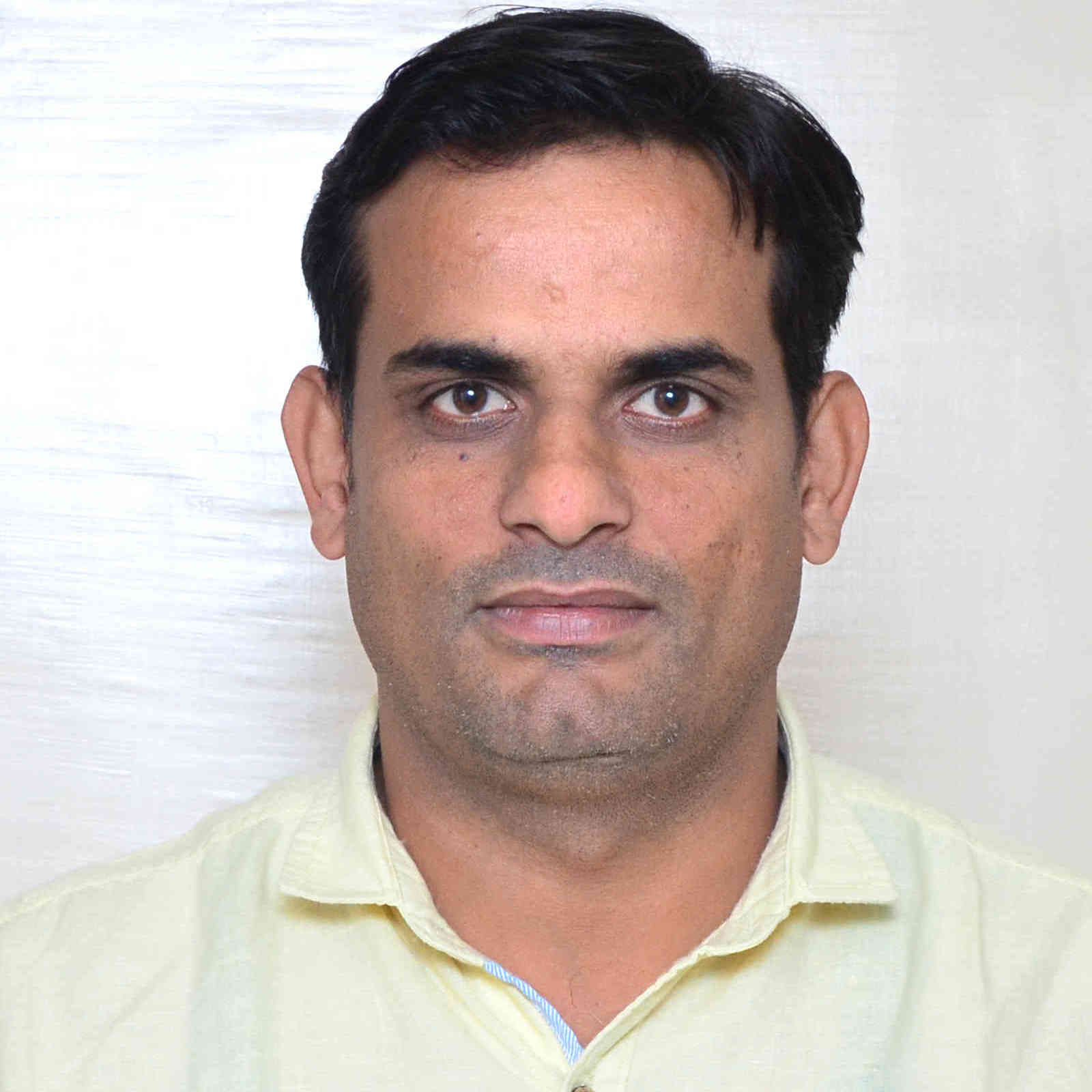Week 1:LINEAR ALGEBRA BASICS- Vector spaces and subspaces, basis and dimensions, linear transformation, four fundamental subspaces
Week 2:MATRIX THEORY- Norms and spaces, eigenvalues and eigenvectors, Special Matrices and their properties, least squared and minimum normed solutions
Week 3:MATRIX DECOMPOSITION ALGORITHMS- SVD: Properties and applications, low rank approximations, Gram Schmidt process, polar decomposition
Week 4:DIMENSIONS REDUCTION ALGORITHMS and JCF- Principal component analysis, linear discriminant analysis, minimal polynomial and Jordan canonical form
Week 5:CALCULUS – Basic concepts of calculus: partial derivatives, gradient, directional derivatives, jacobian, hessian, , convex sets, convex functions and its properties
Week 6:OPTIMIZATION – Unconstrained and Constrained optimization, Numerical optimization techniques for constrained and unconstrained optimization: Newton’s method, Steepest descent method, Penalty function method
Week 7:PROBABILITY – Basic concepts of probability: conditional probability, Bayes’ theorem, independence, theorem of total probability, expectation and variance, few discrete and continuous distributions, joint distributions and covariance.
Week 8:SUPPORT VECTOR MACHINES – Introduction to SVM, Error minimizing LPP, concepts of duality, hard and soft margin classifiers


DOWNLOAD APP
FOLLOW US